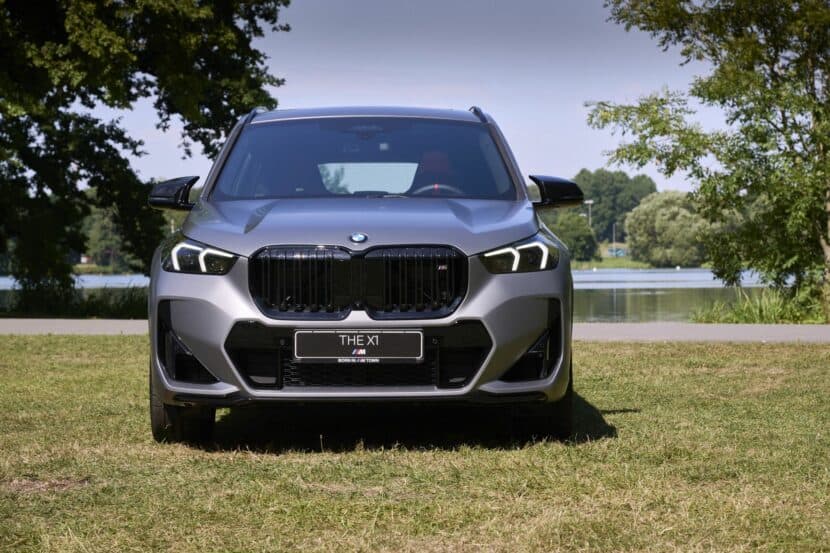BMW Canada is making ready to restart imports of its U.S.-built SUVs, though these automobiles face one of many steepest tariff penalties within the auto trade. In line with Automotive Information, sellers in Canada say shipments of the X3, X4, X5, X6, X7 and XM from BMW’s plant in Spartanburg, South Carolina will resume within the coming weeks. Deliveries stopped this spring after Ottawa responded to U.S. President Donald Trump’s 25 per cent tariff on international car imports with its personal 25 per cent levy on American-built vehicles.
The pause shortly drained stock. A number of retailers stated their provide of Spartanburg-built fashions is now nearly gone, leaving them with little to supply in BMW’s hottest section. The X1 and X2, constructed exterior the U.S., stay unaffected. BMW Canada declined to substantiate the restart immediately. In a written assertion for Automotive Information, spokesperson Barb Pitblado stated the corporate is “actively exploring a number of avenues to make sure regular car provide” however supplied no additional element.
Core Merchandise Caught in Tariff Dispute
The halt reduce deep into BMW’s Canadian lineup. The X3 and X5 have been the model’s two best-selling fashions in 2024, with 7,128 and 4,489 items bought, in keeping with the Automotive Information Analysis & Knowledge Heart. U.S.-assembled automobiles made up practically half of the corporate’s Canadian quantity that 12 months. By the second quarter of 2025, gross sales of the X3 and X5 had fallen 25 per cent 12 months over 12 months. U.S.-built fashions accounted for 38.3 per cent of BMW Canada’s complete gross sales within the quarter, down from 51.1 per cent a 12 months earlier.
Progress From Abroad Fashions
Regardless of the hit, BMW Canada nonetheless posted a 5.3 per cent general gross sales enhance in Q2. Imports from Europe — led by the X1, i4 and three Collection — crammed a number of the hole. Sellers, nevertheless, burdened that the X3 and X5 stay the spine of their enterprise, typically representing greater than half of retailer quantity. There are additionally indicators that the Canadian market will acquire yet one more mannequin within the close to future – the plug-in hybrid BMW X3 which is manufactured in South Africa.
Resuming imports means absorbing a heavy tariff load. The Spartanburg-built X fashions don’t qualify beneath the United States-Mexico-Canada Settlement as a result of they comprise solely about one-third North American content material. Engines and transmissions shipped in from Europe preserve them far beneath the 75 per cent threshold, stated Sam Fiorani, vice-president at AutoForecast Options.
That leaves the automobiles uncovered twice: first to U.S. tariffs of 25 per cent on imported elements, after which to Canada’s 25 per cent countertariff plus a 6.1 per cent most-favored nation responsibility. Mixed, the burden is roughly 31.1 per cent. On a $100,000 SUV, tariffs alone add round $31,100.
Greater Costs Forward
To handle the prices, BMW Canada plans to boost costs throughout its complete lineup, sellers stated. As an alternative of pushing the will increase solely onto the U.S.-built fashions, the corporate will unfold them evenly, which means even tariff-free automobiles will see greater sticker costs.
[Source: Automotive News]




